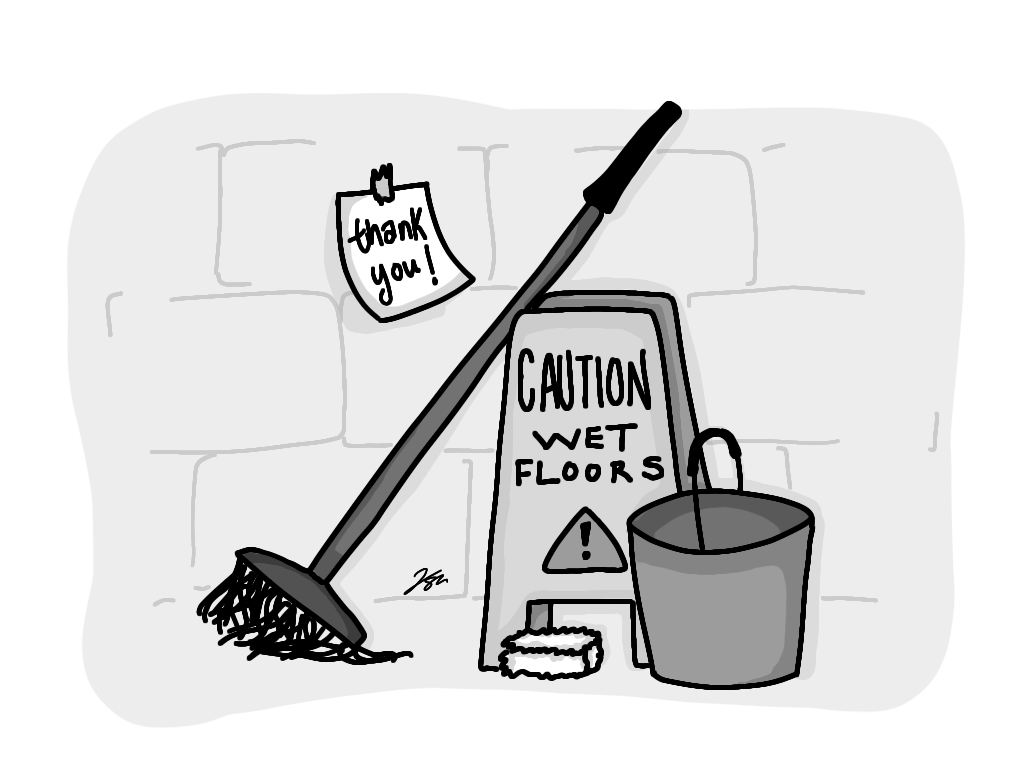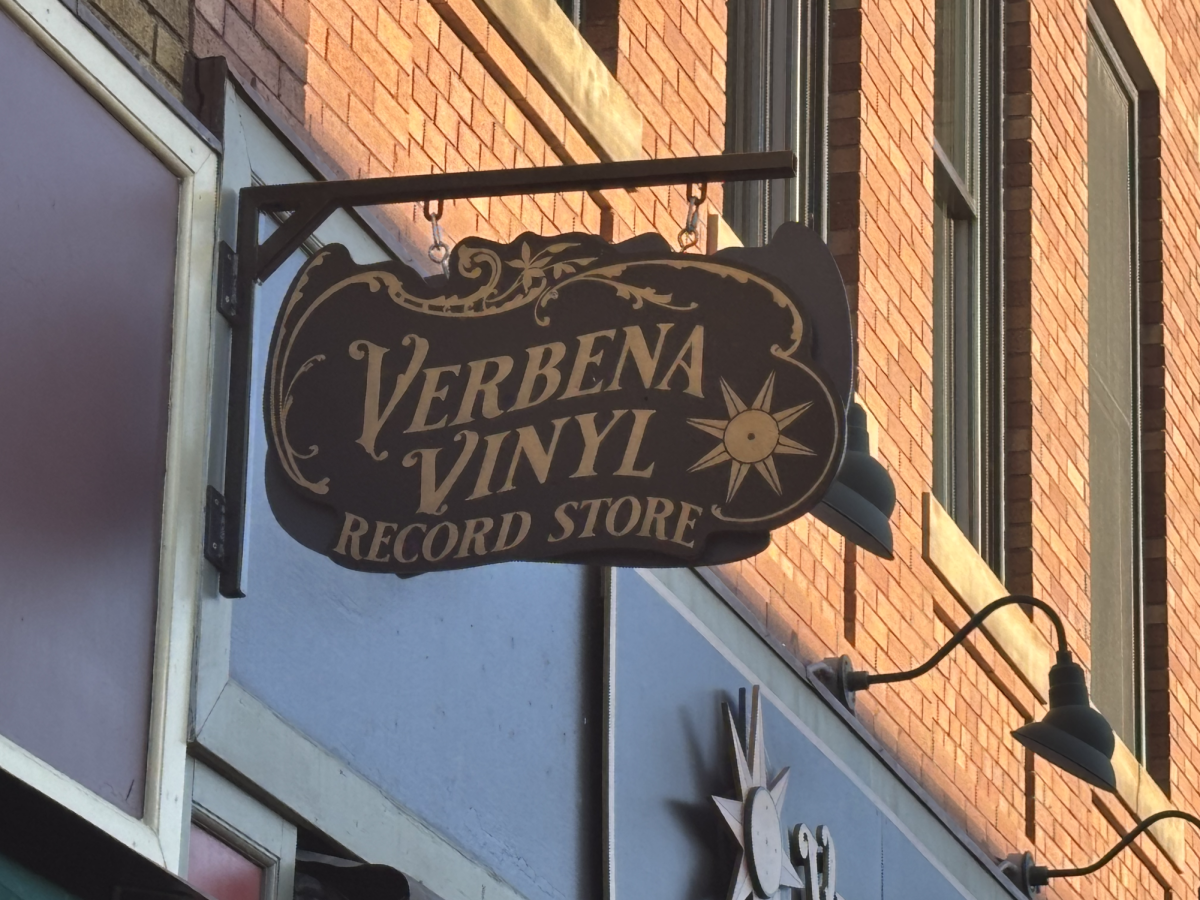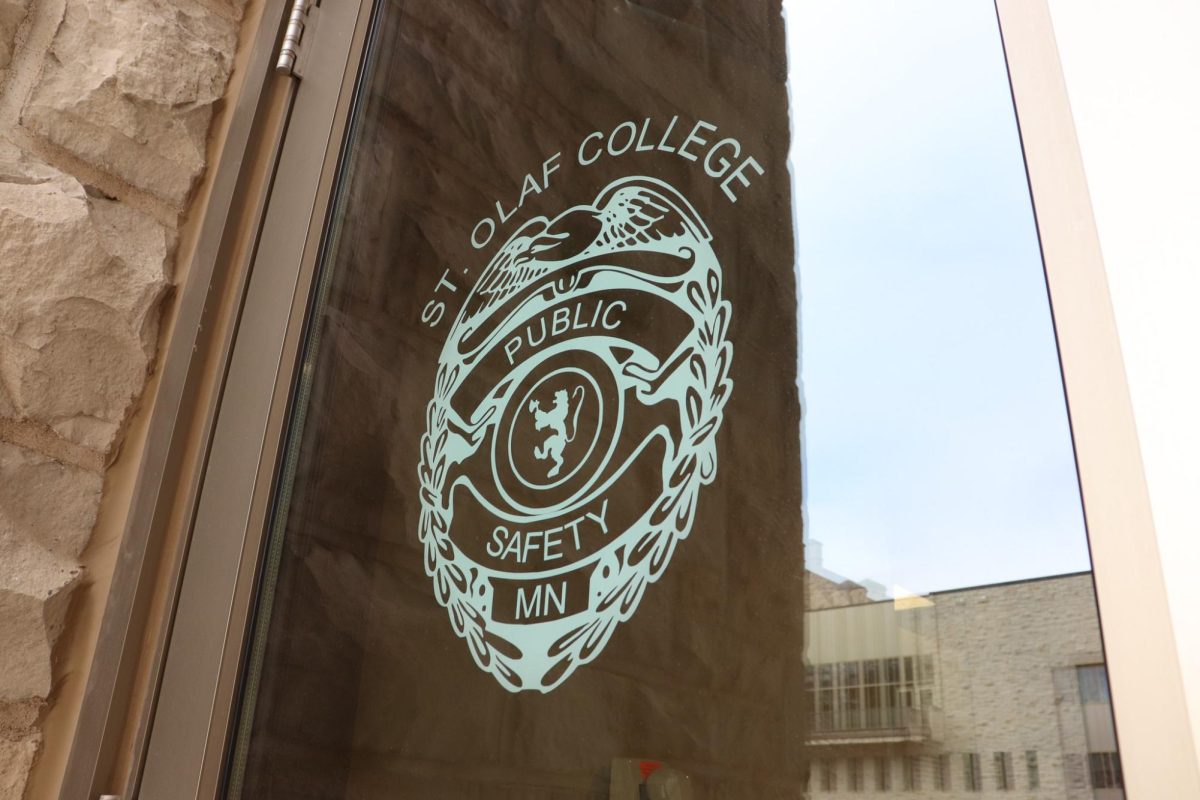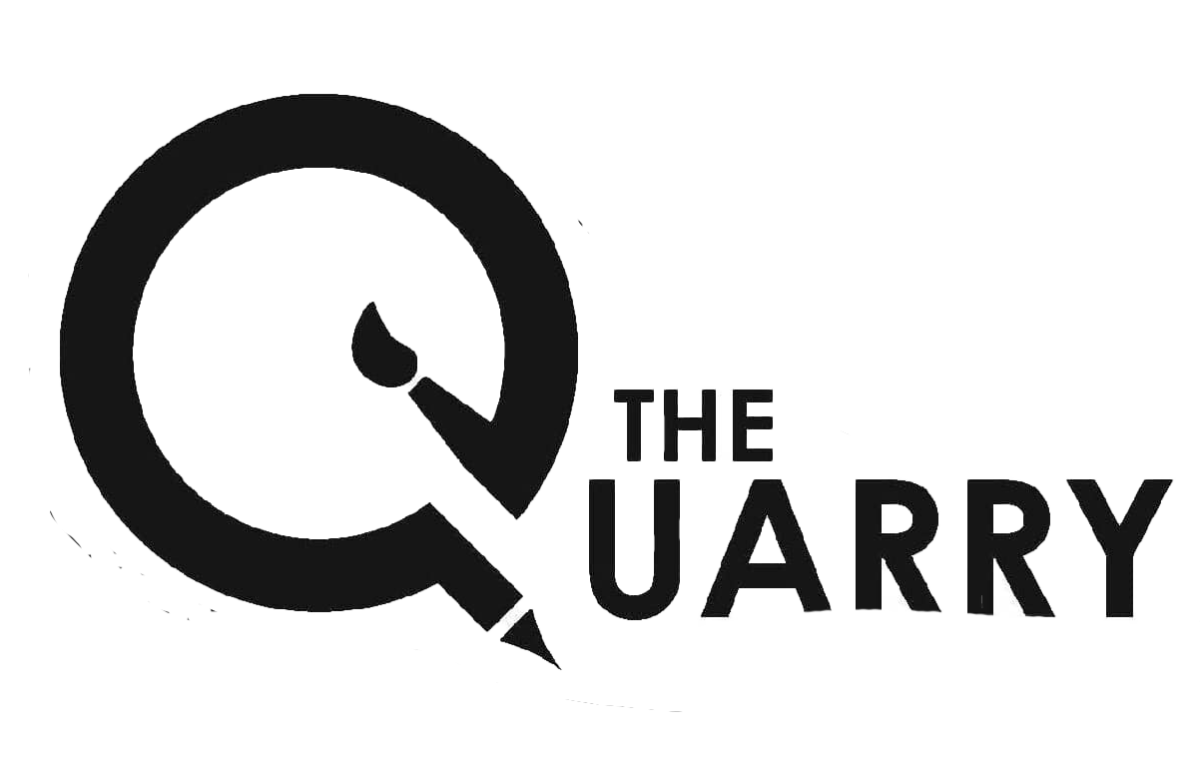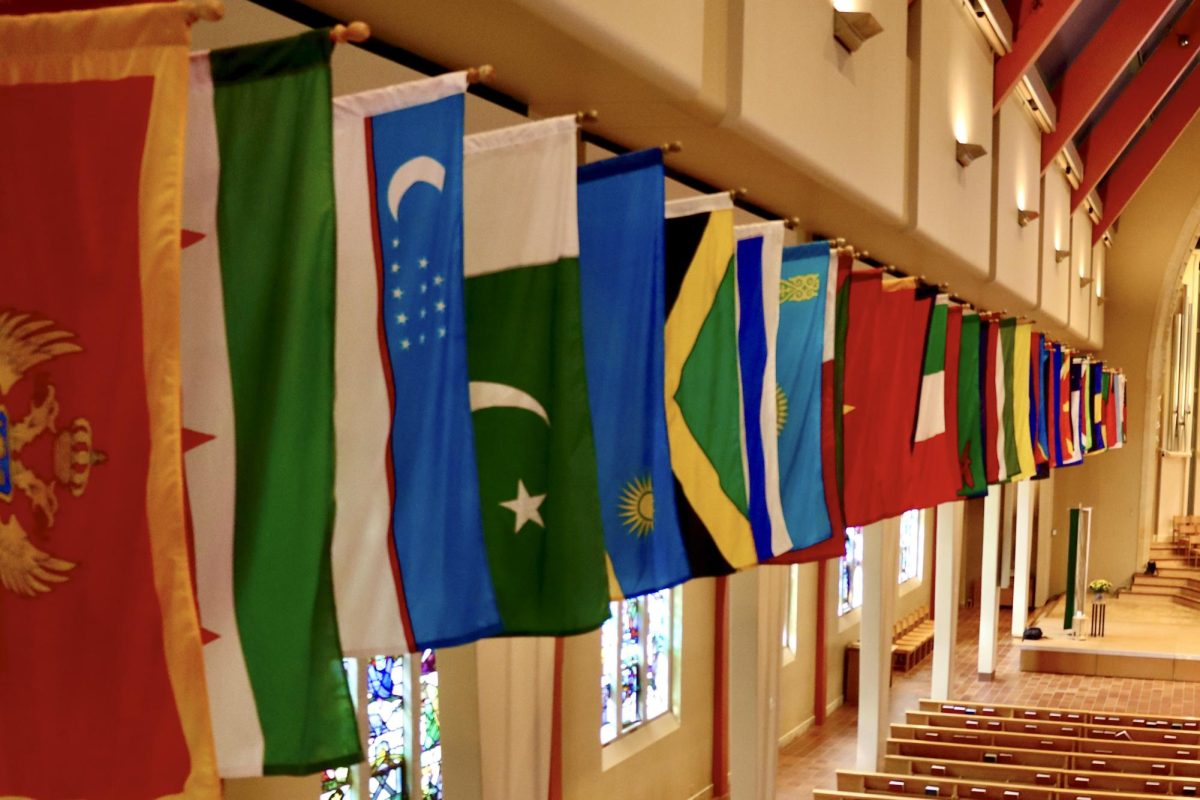At 7 p.m. on Tuesday, Oct. 11, several students in collaboration with the Muslim House, the Diversity Celebration Committee and the Muslim Students Association hosted a panel forum in Viking Theatre titled “Ask a Muslim Anything.” The panel consisted of six student panelists, who were joined by Associate Chaplain for Muslim and Interfaith Life at Carleton College Ailya Vajid.
“The biggest thing in having a panel like this is showing diversity in opinions about Islam,” said Omar Shehata ’18, one of the event’s organizers. “We don’t know the answer for every question and a lot of times we don’t have the same answers to everything, so I tried to have a diverse panel.”
Together, the student panelists and Associate Chaplain Vajid answered anonymously submitted questions about Islamic faith traditions and rituals. Questions were submitted either before the event in a box set out in Buntrock Commons the week before, or during the event by online submission. Event attendees were given slips of paper with the link to the Google form where they could submit questions during the forum. Mazen Abu-Sharkh ’18 and Shehata screened the questions, with the approved questions appearing on the screen behind the panelists to be answered.
“We were just hoping for the attendees to ask the questions without feeling that they were criticized for their questions,” Abu-Sharkh said. “Mostly everybody has a smartphone and mostly everybody is always on their smartphone so it’s just a simple thing – that you write the question, and nobody judges you for that question.”
The event was inspired by previous attempts to reach out to the St. Olaf community through a KSTO radio program, also called “Ask a Muslim Anything.”
“Nobody was calling in. We guessed that’s because it would be hard to ask something rude. So we set up a Google form that would just send questions to my email and then we answered those. We actually started getting a lot of questions – we got questions from people listening at Gustavus Adolphus, which was kind of crazy. Then we thought ‘What if we have a live event?’” Shehata said.
Questions answered during the event ranged from the curious “Do you sleep in your hijab?” to “Do you feel safe on campus and in the United States?” to “Do you get tired of explaining your religion to so many different people?” and even “Explain the multiple wives thing.” When asked, “What is the number one stereotype about you that you hate the most?” multiple panelists responded at once saying that it was difficult to choose which one.
The most discussed question of the night was “Does ISIS do what the Quran says literally? If yes, why are they considered a bad model of Islam?” The panelists denied that ISIS follows the model of appropriate behavior as set out in their holy text, as ISIS’s violent tactics conflict severely with Islamic calls to love and respect one another. Multiple panelists pointed out that Muslims are also the largest targets of ISIS.
One point that came up during the discussion is the mispronunciation of the words “Islam” and “Muslim” by most Americans. While it may seem insignificant, the phrasing is a sign of respect, and the panelists stressed the significance of recognizing it. The correct pronunciation for “Muslim” sounds like “moos-lim”, with emphasis on the “o” and “s” sound rather than “muz-lim” or “moz-lem.” “Islam” is pronounced “Iss-lam” with emphasis on “lam,” rather than “Iz-lam.”
“If there’s one thing that I’ve learned from this event from all of the questions is that there’s a lot of things that people think they know, but they know incorrectly,” Shehata said. “Like people saying ‘The Quran condones beating your wife, does it not?’ and you think you know that, but no, you don’t … there’s so many things that you don’t know, so just ask. It’s okay to ask, look things up.”
Many of the submitted questions were answered. However, some had to be filtered out, mostly from the pre-submissions from the box in Buntrock.
“Not a lot, but certainly a couple. Well someone just blatantly said ‘screw you guys’. Some were ‘is the sky blue?’ … I think it’s because being in the room, seeing the people answering it makes it harder to cross that barrier. But with a box in Buntrock and nobody’s watching you … that might have contributed,” Shehata said.
The organizers hoped that the event helped to clarify misconceptions and calm some concerns.
Abu-Sharkh said, “Just spread the word the word that … there are so many misconceptions about Islam, and do not just judge me. Think as if you were in the same shoes as a Muslim person.”
